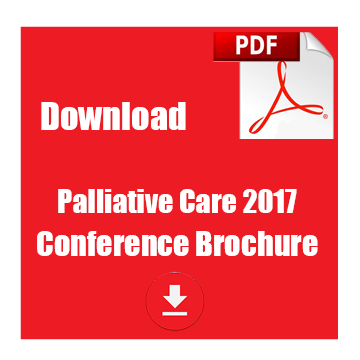
Joanne Reid
Queen’s University Belfast | Ireland
Title: EVALUATION OF THE EFFECTIVENESS OF MUSIC THERAPY IN IMPROVING THE QUALITY OF LIFE OF PALLIATIVE CARE PATIENTS: A RANDOMIZED CONTROLLED PILOT AND FEASIBILITY STUDY
Biography
Biography: Joanne Reid
Abstract
Statement of the Problem: Music therapy is increasingly being used as a palliative therapy, with the primary aim of improving people’s quality of life. To date, primarily because of a paucity of robust research, the evidence for music therapy’s effectiveness on patient reported outcomes is positive but weak, and no guidelines have been developed. The primary aim of this pilot study is to test the feasibility of administering the McGill Quality of Life Questionnaire (MQOL) in terms of acceptability to hospice inpatients, and whether attrition affects the viability of a three week music therapy intervention in order to calculate the sample size required for a phase III randomized trial. The secondary aim is to evaluate the potential effectiveness of music therapy for improving the quality of life of hospice inpatients.
Methodology & Theoretical Orientation: A pilot randomized controlled trial (RCT) supplemented with qualitative methods with n=52 hospice inpatients was considered. Baseline data collection included the MQOL and socio-demographic data. Participants in the intervention arms were offered two 30-45 minute sessions of music therapy per week for three consecutive weeks, in addition to care as usual. Participants in the control arm received care as usual. Follow-up measures administered at 1, 3 and 5-weeks. Qualitative data collection involved focus group/interviews with HCPs and careers.
Findings: At present we are approaching 75% of our recruitment target (recruitment extended until July 2017). The quantitative findings of this feasibility trial help to ascertain the viability of the music therapy intervention for this population and the most appropriate follow period. Qualitative data from practitioners, patients and their family members support music therapy interventions in a palliative care in-patient hospice setting.
Conclusion & Significance: Findings from this study will inform the design of a phase III multi-site RCT. Findings in relation to the potential effectiveness of music therapy will provide support for NHS and third sector Specialist Palliative Care commissioners and service providers to make an evidence-based decision on whether to incorporate music therapy in palliative care services.

